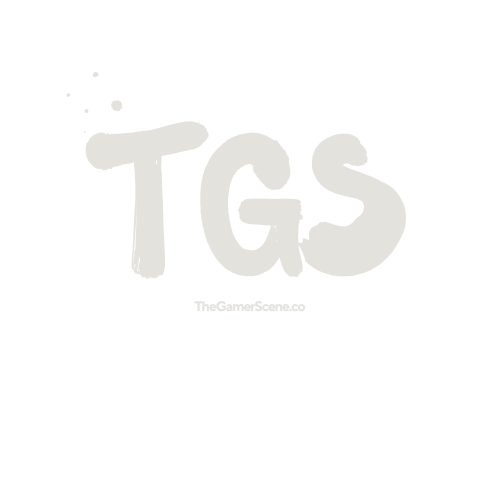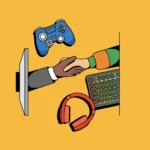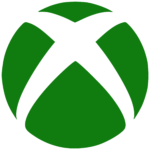Now Reading: Xbox Game Pass Surges with 3.5 Million New Subscribers Following Activision Blizzard Titles Drop
-
01
Xbox Game Pass Surges with 3.5 Million New Subscribers Following Activision Blizzard Titles Drop
Xbox Game Pass Surges with 3.5 Million New Subscribers Following Activision Blizzard Titles Drop
In a bold affirmation of its long-term content strategy, Microsoft has seen a massive surge in Xbox Game Pass subscriptions, with 3.5 million new users joining the service in the last month alone. The spike follows the long-anticipated arrival of several classic Activision Blizzard titles on the platform, finally fulfilling a major promise tied to Microsoft’s $69 billion acquisition of the mega-publisher.
The rollout, which began early last month, added beloved franchises like Diablo, Tony Hawk’s Pro Skater, and the original Call of Duty trilogy to the Game Pass library. According to Microsoft’s latest internal figures, the inclusion of these high-profile legacy titles has triggered the biggest monthly growth on the platform since its inception in 2017.
Phil Spencer, CEO of Microsoft Gaming, called the milestone “a turning point for Game Pass,” noting that players have responded enthusiastically to access not only modern releases but also deeply nostalgic classics. “We knew players were waiting for these franchises,” Spencer said. “This is a taste of what’s to come, and we’re just getting started.”
Analysts agree that this surge could shake up the subscription market yet again. Piers Harding-Rolls, a games industry analyst at Ampere Analysis, commented, “What we’re seeing is a validation of Game Pass as not just a new games platform, but as a vault for gaming’s most celebrated history. Other platforms are going to have to respond.”
While Game Pass has frequently added day-one releases to entice subscribers, the recent integration of historic Activision Blizzard titles seems to have unlocked a different kind of user demand—one driven by gaming nostalgia. Social media has lit up with clips of players diving back into titles like StarCraft and Guitar Hero, showcasing a renewed cultural buzz around games that helped define earlier console generations.
With more Activision Blizzard content promised in the months ahead—including rumored remastered editions and franchise revivals—Game Pass could be positioning itself as not only the future of gaming, but its living archive.





















